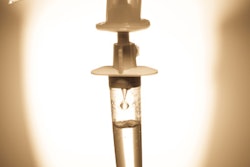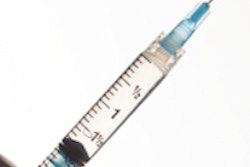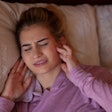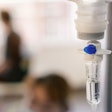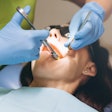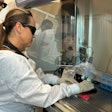Is it safe to administer general anesthesia to special needs patients undergoing dental procedures? The answer is yes, according to a new study in Anesthesia Progress.
Good thing. Given their mental and physical limitations -- and the possibility of injury or excessive stress during dental treatment -- local anesthesia may not be enough.
"[Dental] patients with mental and physical limitations often pose a challenge," wrote the study's authors. "Lack of cooperation, combative behavior and physical limitations can make conventional office-based comprehensive dental treatment under local anesthesia very difficult and sometimes impossible."
Researchers analyzed and tabulated records of 363 special needs patients who had undergone comprehensive dental rehabilitation under general anesthesia within a five-year period at the University of Illinois at Chicago.
They took into consideration the American Society of Anesthesiology Physical Status (ASAPS) classification, procedure, age, gender, duration of anesthesia, and any intraoperative or postoperative morbidity.
Of the 363 cases, the authors examined two which had notable complications. Contributing factors that can complicate treatment include:
- Limited preanesthesia assessment of airway and general physical condition.
- Limited medical risk assessment due to lack of cooperation or lack of access to medical support systems.
- Lack of compliant caretaker network to ensure preanesthesia and postanesthesia compliance.
- Surgical surprises which make estimating the risk and procedure time very difficult.
- Undiagnosed dental and oral diseases that require more aggressive intervention.
- Poor aftercare and compliance that can complicate what otherwise would be considered routine care.
Overall though, "general anesthesia for CDR performed in a major teaching medical center is safe and necessary," the authors concluded. However, "It is important to stratify the level of risk versus benefit and explain both to the patient or family member," they stated.




